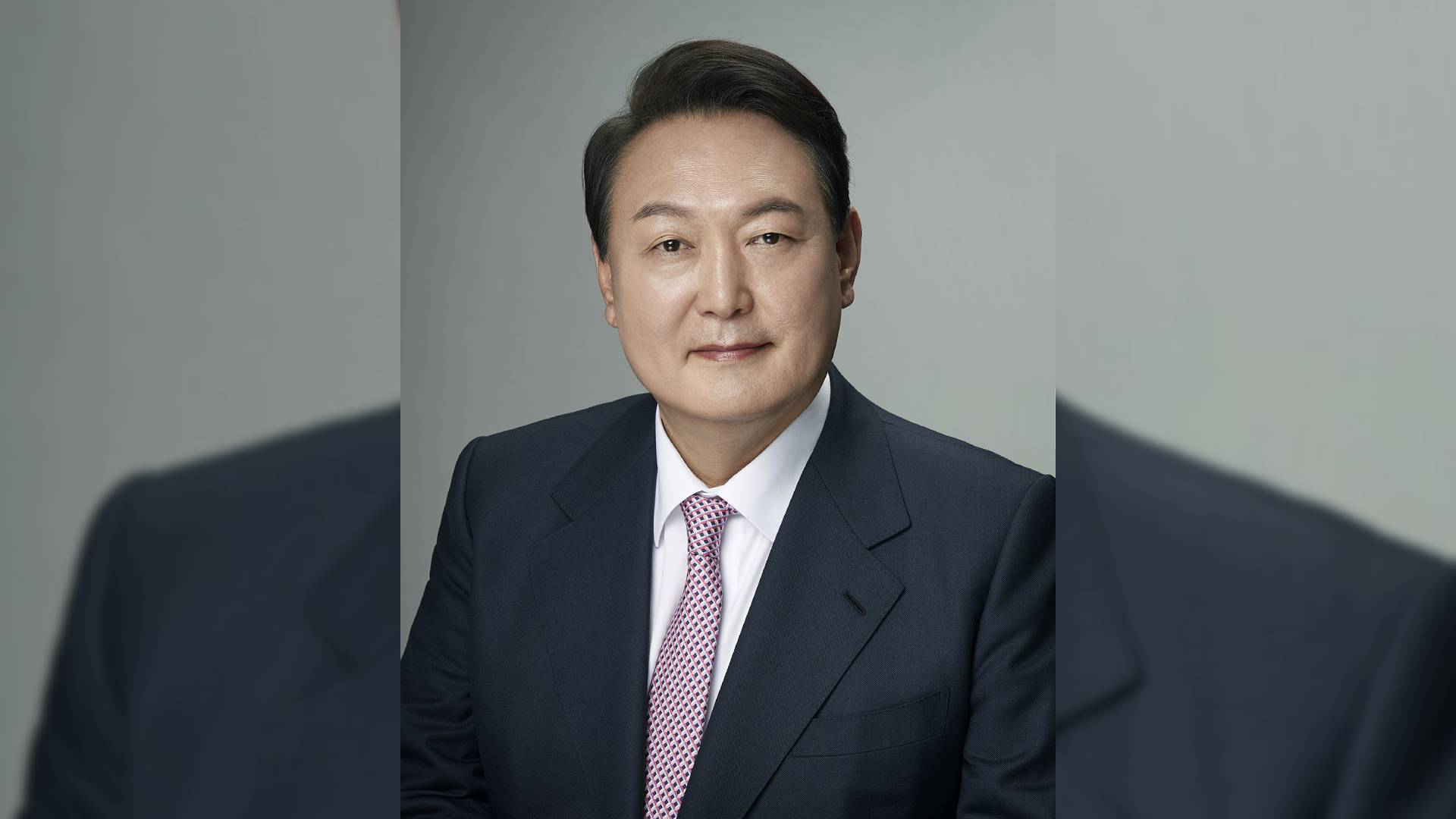Martial Law Shock: South Korea Plunges Into Political Crisis
In a political upheaval, South Korean President Yoon Suk Yeol declared and then rescinded martial law, sparking calls for his impeachment. The move, resisted by the parliament, led to protests, economic volatility, and heightened tensions, with union strikes and political demand for democracy intensifying.

In a dramatic turn of events, South Korean President Yoon Suk Yeol declared martial law late Tuesday, only to withdraw the proclamation hours later, initiating a political upheaval in the country. This abrupt decision, seen as an attempt to stifle opposition, met with fierce resistance from both lawmakers and the public.
The announcement saw armed troops entering the National Assembly, causing chaos, as President Yoon cited threats from pro-North Korean forces. Despite his justification, lawmakers swiftly overturned the declaration, demanding Yoon's resignation or facing impeachment. The rapid political shifts dented financial markets and stirred protests across Seoul.
Yoon's controversial move rekindled memories of South Korea's martial law history, with global reactions ranging from concern to calls for peaceful resolution. As tensions persist, opposition parties brace for a confrontational vote over the president's future, putting South Korea's democratic resilience to the test.
(With inputs from agencies.)










